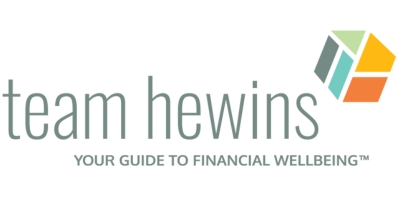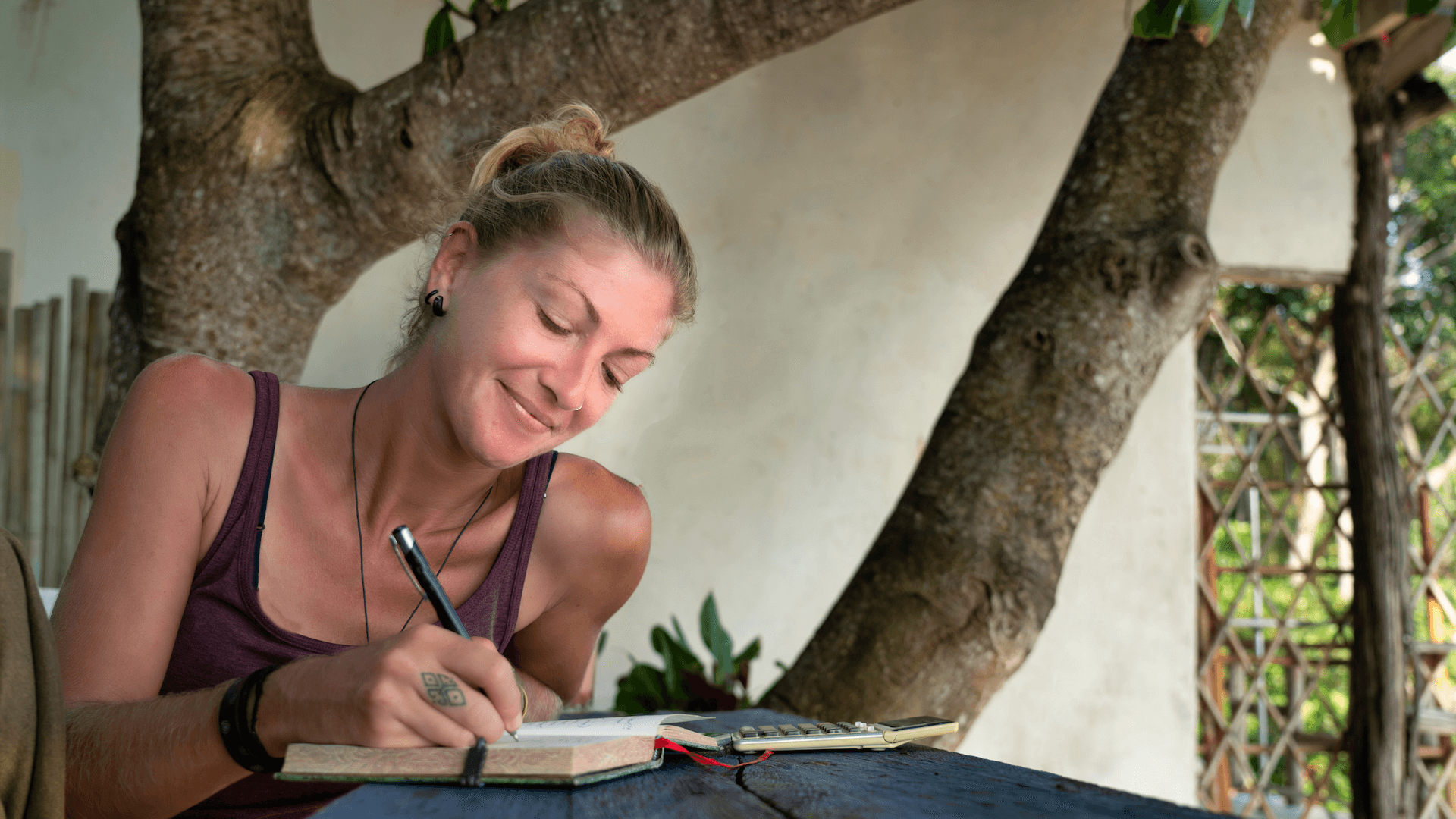A lot has happened in the world over the past year, and while everyone’s physical health is top of mind, financial health is also a concern for many. You may be considering ways to better prepare for the next time something unexpected happens in your life. This is a good time to reflect on how your financial plan held up to the relentless tests it faced in 2020.
Here are three things to think about when assessing your financial health and preparing for future uncertainty.
Sense of security
How secure did you feel about your financial health when you first heard the news that we were facing a pandemic and the financial markets started collapsing? If you are currently working, you may have been wondering if your job was safe. If you are retired, you may have been concerned about the long-term impact of taking funds from a declining portfolio. At the same time, you had to keep paying your bills regardless of the external circumstances you were facing.
These are good examples of why you should plan ahead so that it’s easier to get through these types of situations. Consider creating an emergency fund. If the situation calls for it, an emergency fund will help bridge the gap until you get back on your feet or your portfolio value recovers. Another option, which is a bit riskier, is to open a line of credit that would allow you to draw funds to bridge the gap. Of course, you would need to pay back what you borrow, but at least you can cover your expenses for a short period of time or defer draws from your portfolio during tough times.
Which option is best for your situation? A financial plan can provide the answer.
Appetite for Risk
“It took the S&P 500 only 22 trading days to fall 30% from its record high reached on Feb. 19, making it the fastest drop of this magnitude in history, according to data from Bank of America Securities.”[i]
How did you react to this precipitous downturn in the markets? Did you feel the need to do something, or were you comfortable riding out the storm? The market bounced back very quickly this time, making significant progress from April to June and then reaching its previous high on August 18.[ii] Still, if it had gone on for 3-6 more months, it might have been a lot more difficult emotionally to “ride it out.” How you reacted says something about your risk tolerance. This was an extreme case, but if you felt that you needed to do something with your portfolio while it was in decline, that may be a warning sign that you are taking too much risk.
Now that the markets have recovered, this is a good time to assess whether your portfolio strategy fits well with your financial plan. Are you taking more risk than you need to reach your goals, or maybe not enough? The first step is to create a financial plan to determine what level of return you need in the long run to be successful and what level of risk you must take to achieve it; this concept is called risk capacity.
Estate Planning
The pandemic has been eye-opening for many people and has many thinking about their mortality regardless of age.
A good estate plan will allow you to control where your assets go upon passing. It will also dictate who is responsible for your financial and health decisions. An important but often-overlooked item with respect to estate planning is the coordination of beneficiaries across all your accounts and estate documents to get your assets to the appropriate destination. You need to confirm that you have the proper primary and secondary beneficiaries listed on all retirement accounts, insurance policies, annuities, and anything else that allows you to list a beneficiary—because a beneficiary listed on an account supersedes what you have stated in your will or trust.
Additionally, how much would your family need to maintain the same lifestyle as if you lived a long, healthy life? You should view life insurance as an income replacement. Many variables need to be considered when determining the proper amount of coverage, including current and future earnings, retirement account contributions, debt, college tuition, and future weddings, to name a few. Again, these issues would be addressed in your financial plan.
This past year has certainly been a challenge in many ways, and if you found yourself worrying about your finances, now is a good time to do something about it. Check in with your CERTIFIED FINANCIAL PLANNER™ professional—does your financial plan need to be updated based on lessons learned from the unexpected events of the past year?
[i] Li, Yun. CNBC, 2021, Available at: https://www.cnbc.com/2020/03/23/this-was-the-fastest-30percent-stock-market-decline-ever.html. [Accessed 10 March 2021].
[ii] Yahoo Finance. n.d. S&P 500 (^GSPC). [online] Available at: https://finance.yahoo.com/quote/%5EGSPC/history?p=%5EGSPC [Accessed 9 March 2021].
Team Hewins, LLC (“Team Hewins”) is an SEC-registered investment adviser; however, such registration does not imply a certain level of skill or training and no inference to the contrary should be made. The information contained within this letter is for informational purposes only and should not be considered investment advice or a recommendation to buy or sell any types of securities. Past performance is not a guarantee of future returns. It should not be assumed that diversification protects a portfolio from loss or that the diversification in a portfolio will produce profitable results. The opinions stated herein are as of the date of this letter and are subject to change. The information contained within this letter is compiled from sources Team Hewins believes to be reliable, but we cannot guarantee accuracy. We provide this information with the understanding that we are not engaged in rendering legal, accounting, or tax services. We recommend that all investors seek out the services of competent professionals in any of the aforementioned areas.


